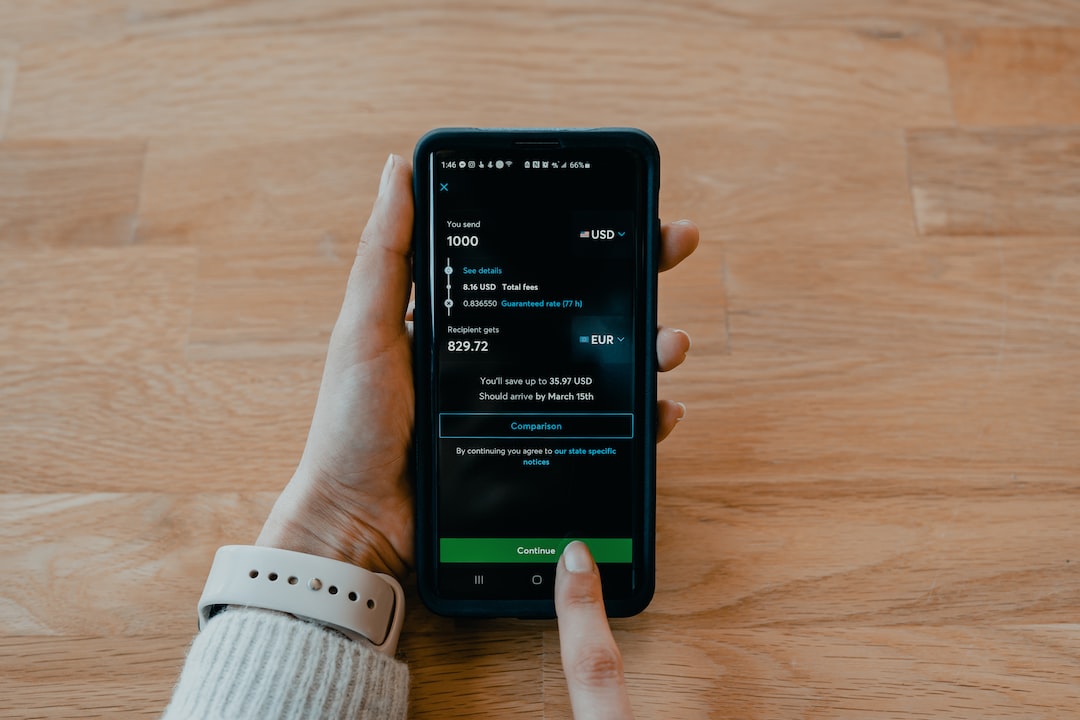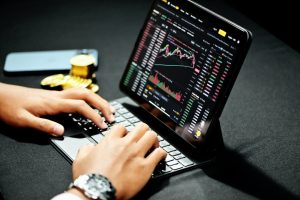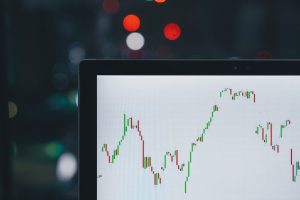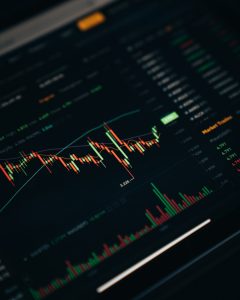Forex trading is a lucrative business that involves international currencies. Forex companies operate as intermediaries between traders and the forex market, providing traders with trading platforms and other services. However, like any other business, forex companies may face financial difficulties and ultimately go bankrupt. In this article, we will explore what happens if a forex company goes bankrupt.
When a forex company goes bankrupt, it means that it is unable to meet its financial obligations. The reasons behind a forex company’s bankruptcy could be a result of poor management, excessive risk-taking, or unexpected market events. Whatever the cause, bankruptcy results in the company’s assets being liquidated to pay off its creditors.
One of the first things that happen when a forex company goes bankrupt is the appointment of a liquidator. The liquidator’s role is to oversee the distribution of the company’s assets to its creditors. The liquidator is usually an independent third party appointed by the court, and their main objective is to ensure that the creditors are paid as much as possible.
The liquidator will assess the company’s assets and liabilities to determine the amount of money available to repay creditors. The assets of the company may include physical assets such as property or equipment, financial assets such as cash or securities, and intangible assets such as intellectual property or goodwill. The liquidator will sell the assets and distribute the proceeds among the creditors according to their priority.
In the case of a forex company, the creditors will include traders, employees, and other businesses that the company owes money to. Traders who have funds in their trading accounts with the bankrupt forex company will be considered unsecured creditors. This means that they will be at the bottom of the priority list and may not receive their full amount owed.
Some traders may be protected by regulatory bodies such as the Financial Conduct Authority (FCA) in the UK or the National Futures Association (NFA) in the US. These bodies may offer compensation schemes that protect traders’ funds up to a certain amount. However, traders should always check the terms and conditions of these schemes as they may not cover all losses.
Employees of the bankrupt forex company will also be considered creditors and will be entitled to claim for their unpaid wages, holiday pay, and other benefits. Suppliers and service providers that are owed money by the company will also be considered creditors.
The process of liquidating a bankrupt forex company can take several months or even years, depending on the complexity of the company’s affairs. During this time, traders may not be able to access their funds or trade on the platform. It is therefore important for traders to choose a reputable forex company with a strong financial position and regulatory oversight to minimize the risk of bankruptcy.
In conclusion, when a forex company goes bankrupt, the liquidation process is initiated, and the company’s assets are sold to repay its creditors. Traders who have funds with the bankrupt forex company may not receive their full amount owed, and their position on the priority list will depend on whether they are considered secured or unsecured creditors. It is important for traders to choose a reputable forex company with regulatory oversight to minimize the risk of bankruptcy.





